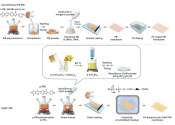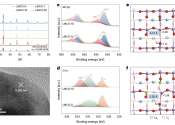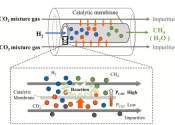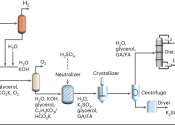New perovskite-based anode material achieves high efficiency at low and medium temperatures
Amidst the ongoing energy and climate crises, the stakes have never been higher. We are pressed for time to find better ways of producing clean energy to replace fossil fuels. Thus far, fuel cells appear to be one of the ...
Jun 21, 2024
0
5









